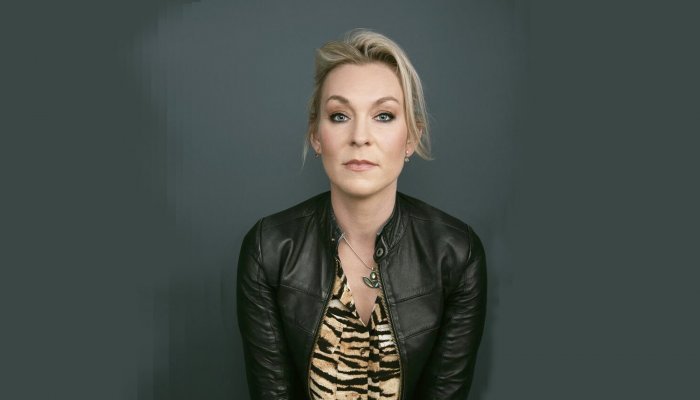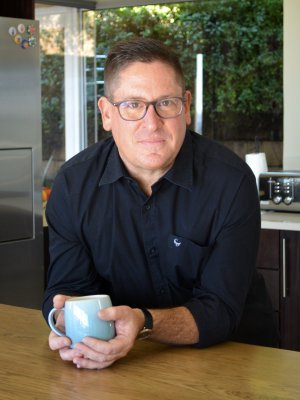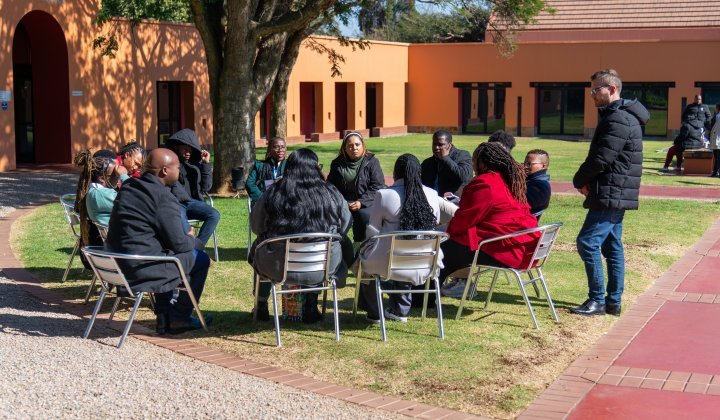The practise of micro-dosing has become popular in the fast-paced start-up world of Silicon Valley, with some users reporting an increased ability to manage stress and the inducement of a ‘flow’ state that aids creativity and improves interpersonal relationships.
On 19 April 1943, a day now known as Bicycle Day, Dr. Albert Hoffman, a Swiss chemist working for the pharmaceutical giant Sandoz, self-administered 250 mcg of lysergic acid diethylamide, known in the lab as LSD-25. In the late 1930s, while synthesising fungi, Hoffman stumbled on LSD but initially dismissed it as having no medical value. Years later, when he returned to his compound and undertook what became the first modern-day acid trip, did he begin to understand the huge potential of LSD for mental health disorders. Hoffman’s synthesising of LSD provided a chemical compound that was used and extensively researched worldwide until the US government, under the Nixon presidency, passed the Controlled Substances Act in 1971 and banned the use of psychedelic substances. LSD, though, was predated by other natural psychedelic compounds, particularly psilocybin, the active ingredient found in magic mushrooms. This, too, was banned, and from the 1970s, was labelled as an illegal drug linked with the counterculture movement in the US.
The ban on psychedelics was (and still is) enforced by the US Drug Enforcement Administration. Still, from the 1990s, permission was granted to selected institutions to restart research into the therapeutical role of LSD and psilocybin. The most prolific of these being the work at Johns Hopkins University’s Centre for Psychedelic and Consciousness Research. This work has been ground-breaking in the treatment of anxiety, depression, post-traumatic stress disorder and addiction. Director, Dr. Roland Griffiths, who is now regarded as the grandfather of the current psychedelic revolution, was quoted in Scientific American saying, “It is simply unprecedented in psychiatry that a single dose of a medicine produces these kinds of dramatic and enduring results.”1 He shared results on studies that used a single dose of psilocybin to treat anxiety and depression for those with life-threatening cancer.
Griffith’s work has sparked dozens of other studies around the world as researchers and practitioners enjoy increased access to psychedelics to address a range of mental health challenges. While this work and the growing body of research are important to the scientific and medical community, psilocybin and other psychoactive plant medicines such as Ayahuasca, San Pedro, and Iboga have long been the domain of healers and shamans. These medicines, from which many recreational drugs such as MDMA, commonly known as ecstasy, have been synthesised, provide a fast mechanism free of side-effects to not only deal with deep-seated emotional issues but to find clarity of purpose and deeper self-awareness.
Former Harvard University professor and outspoken proponent of psychedelic drugs, Timothy Leary, said, “I learned more about psychology in the five hours after taking these mushrooms than in the preceding 15 years of studying and doing research in psychology.” Leary and others embraced the power of psychedelics not only to grow awareness and consciousness but also to aid productivity, creativity, and problem-solving.
Dr. James Fadiman, a psychologist, writer and experienced psychedelic practitioner, was deeply involved in work done during the 1960s and 1970s into micro-dosing psilocybin and LSD. Micro-dosing, which is the practise of taking a non-hallucinogenic dose (usually 1/10th of the regular dose), was used to assist scientists and researchers to access greater levels of creativity and productivity, especially when it came to complex problem-solving. In these studies, scientists from Hewlett-Packard, Stanford and other Bay Area companies brought highly technical problems to each session. After a small dose of a psychedelic, participants reported massive increases in their ability to understand and solve complex scientific challenges. At least four Nobel Prize winners have credited LSD as helping to achieve their scientific breakthrough. Among this group is Francis Crick, who received his Nobel Prize for the discovery of the DNA structure.
Outside of carefully controlled and managed clinical experiments with plant-based medicines such as psilocybin, its use continues by those who have developed the skills to guide hallucinogenic ‘journeys’. These modern-day shamans act as experienced guides, able to manage and support the process that unfolds after a large dose of psychedelics. The shamanic process is mirrored in clinical trials, where the ‘set and setting’ are carefully controlled, and the intention, debriefing and post-journey support are provided. In attempting to understand the non-scientific value of psychedelics, Griffiths and his colleagues researched whether hallucinogenic drugs could invoke mystical experiences with divinity students. The research had profound results, with study participants reporting that two months after the intake of psilocybin, they ‘rated the psilocybin experience as having substantial personal meaning and spiritual significance and attributed to the experience sustained positive changes in attitudes and behaviour’.2 This crossing over between the rational world of ‘science’ and the endless possibility of the ‘mystical’ is what makes psilocybin and other plant medicines so powerful.
While positive results continue to be found within clinical trials, these studies are few and far between, given the legislative barriers to the use of LSD or psilocybin in a clinical setting. This has given rise to experimental methodologies such as that published recently3 using a citizen science approach. As the legal framework becomes clearer for more widespread trials and use of psychoactive plant medicine, the science and healing value of psychedelics in the shamanic world will become much clearer. It is expected that the path to legalisation will follow a similar route to that of cannabis, with the US state of Oregon among the first to create a legal structure for medical use of psilocybin. It would be fair to expect that South Africa may be many years, if not decades, behind this growing trend.
Psilocybin, especially micro-dosing, has found resonance in the fast-paced world of Silicon Valley. Steve Jobs was said to have used psychedelics, and many denizens of the start-up world use a psychedelic coach to guide them through their journeys and the integration of the increased awareness and consciousness in their lives. All this in the pursuit of better, stronger and faster. The financial opportunity associated with psychedelics has not been lost on the investment community; with more than 25 listed companies and dozens more private firms, this sector is expected to grow year-on-year by 15%. Compass Pathways, a UK-based psychedelic research and development company, was the first to list on the US NASDAQ and has a market capitalisation of over US$1.3 billion. An astonishing feat, given that their product is still essentially illegal.
We wonder what Hoffman would have to say, now over 80 years after the discovery of LSD. Probably not much – his discovery was predated by thousands of years by the use and application of plant medicine by shamans who used the plants to heal and grow consciousness and awareness. Aldous Huxley, the Oxford-educated writer and philosopher, first experienced psychedelics in 1953 and was a great supporter of their value to his world and work. He once said, “The mystical experience [from psychedelics] is doubly valuable; it is valuable because it gives the experiencer a better understanding of himself and the world, and because it may help him to lead a less self-centred and more creative life”. We couldn’t agree more.
1 https://www.scientificamerican.com/article/psilocybin-a-journey-beyond-the-fear-of-death/
2 Griffiths, R.R., Richards, W.A., McCann, U., & Jesse, R. (2006). Psilocybin can occasion mystical-type experiences having substantial and sustained personal meaning and spiritual significance. Psychopharmacology, 187(3), 284-92.
3 Szigeti, B. et al (2021). Self-blinding citizen science to explore psychedelic microdosing. eLife Digest. DOI DOI: 10.7554/eLife.62878
Dr. Jonathan Marks
Dr. Jonathan Marks is a full-time faculty member at GIBS and holds responsibility for the Entrepreneurship Focus MBA. His teaching, research and consulting work is focused on high-growth, high-impact entrepreneurship and the ways in which an entrepreneurial mindset can facilitate higher levels of creativity, innovation and performance.
Sara Daitz
From years of study and professional experience in psychology, coaching and metaphysics, Sara Daitz has created a structure that supports you to become the best version of yourself. Sara's clients seek her out for leadership, professional development and innovation for themselves and their organisations. She supports her clients in creating lasting change and success.






